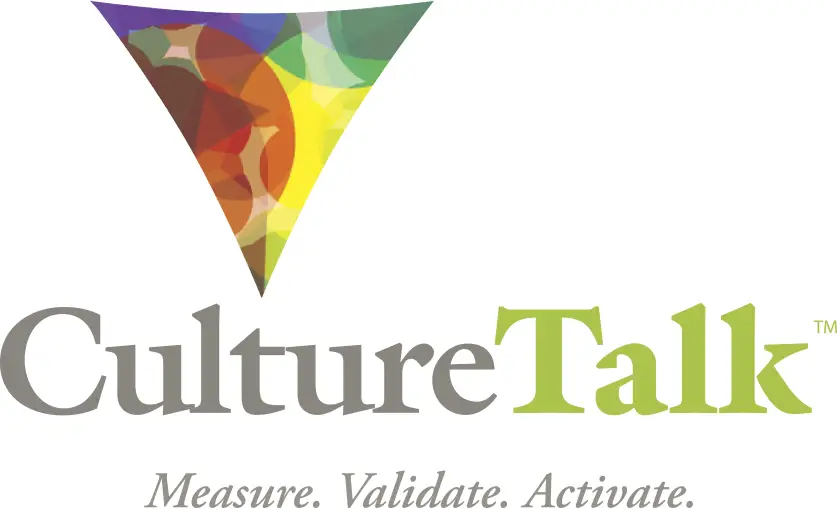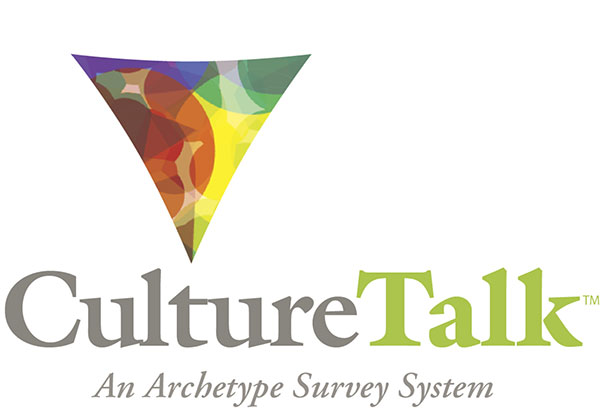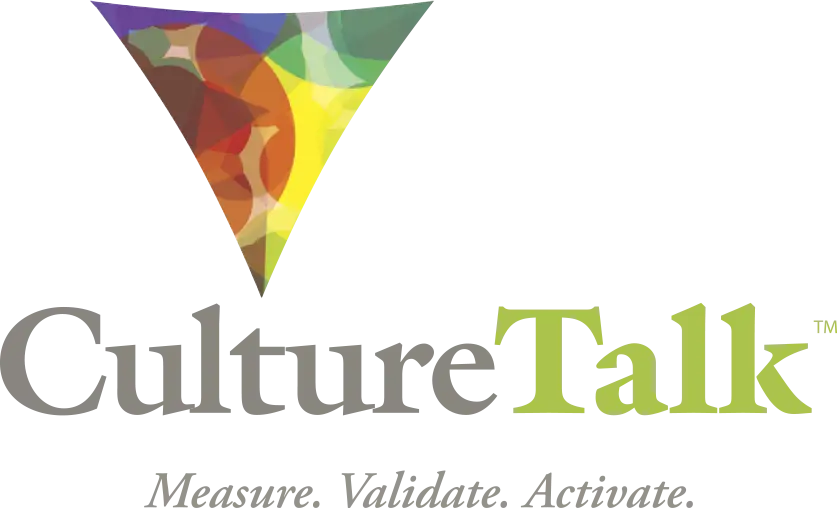Can You Take a Look at My Resume?
An Interview with Colleen Oliva
- July 12, 2021
- 4:18 pm
- Isabelle Forstmann
Colleen Oliva is the owner of Oliva Career Consulting, LLC. and has been a CultureTalk Certified Partner since 2018. She integrates her knowledge of the 12 Archetypes into her career consulting business where she helps clients in all stages of the job application process, from career advising, to interview coaching, and, her specialty, writing high-caliber resumes and personal documents.
Colleen’s Career Story
Colleen Oliva loves writing resumes. On her website, Colleen spells resume the elegant, French way: résumé. As someone who dreads having to revisit that folder on my desktop labeled ‘resumes etc.”, I found myself mystified at Colleen’s enthusiasm for the subject. Before speaking with Colleen, I’d thought of resumes as a necessary evil− painful to write, but invaluable in the search for a job. Colleen sees things a little differently; to her, the résumé is an exciting medium for storytelling.
I sat down with Colleen to get her perspective as a dedicated résumé writer and career consultant on the job application process at large as well as her best tips for those on the hunt.
Colleen first became interested in career consulting during her graduate program at Boston College. She took an internship at the school’s career center and something clicked into place professionally. She felt energized working with students, helping them explore career options, practicing, and helping them to write their first resumes. Colleen spent the next twenty years in higher education, with roles at numerous colleges and universities in career advising and program management.
All the while, Colleen was the go-to “can you take a look at my resume?” gal for family and friends. In 2014, she took the leap and made it official by opening Oliva Career Consulting, LLC. Now, she offers the same services that college students can seek through their school’s resources to the public. The majority of clients she works with are mid-level professionals. Colleen helps them to elevate their resume from one which describes their job function to a branded document which showcases their value and impact.
The Art of a Good Resume
When I asked Colleen what she found most compelling about her work she responded, “Most of my clients have trouble telling their career story. I think it’s really hard for people to talk about themselves and, especially, their accomplishments. I find a lot of people stay busy and tend to forget about those things. At work, you’re just getting the job done and you don’t take a moment to reflect upon the big wins or successes or what went into putting that project together. I am compelled because I love helping clients figure out what story they want to tell and putting together a professional narrative.”
It can be hard to talk about ourselves. It’s true! And we never start one job thinking about how we’re going to frame its everyday ins and outs when we apply for the next. Most people put off updating their resume until they come across another position they want to apply for or are forced to do it through an unexpected change. And, as Colleen reminded me, you’ll also likely be asked for a resume when your boss wants to recommend you for a promotion. As much as we might enjoy talking about ourselves in casual conversation, it can be incredibly daunting to boil down our nebulous, complex, and often contradictory personalities and history into a one-page document.
For Colleen, writing resumes is always a collaborative process. Rather than running through a fill-in-the-blank-template, Colleen focuses on writing targeted resumes that are in dialogue with the language of the job listing. She recommends you do the same: “You can distinguish yourself by showing that you understand what/who the employer is looking for and you can clearly convey that you are an excellent fit. This means you must do your research and homework before submitting that application:
- Know Yourself. Analyze the job description and identify key skills/areas they need. Then think about how you demonstrate these skills and provide real examples.
- Know Them. Read up on the company or firm. What have they been up to? Why are they so special? Go beyond the “About Us” section on their website and dig deeper. News articles, press releases, corporate social media sites. Find out why they are great and convey that you know this.”
At first, this may sound like an added effort, but doing your homework makes the job of writing a resume easier. Responding directly to the key bullet-points of the job listing can act like a prompt in breaking writer’s block; it gives you a lens through which to filter your experiences and what you want to say about them. Yes, this means that resume writing is not a one and done process−each iteration of a resume and CV should be tweaked and customized to the specific listing you are applying for. Or, as Colleen puts it,
“You must connect the dots for the employer.”
As, more and more, companies are sourcing applicants over the internet, you’re much more likely to be screened out for a generic resume. Hence the importance of targeting your personal documents. Still, relevant work experience and skills are facets of your larger career story. To be more than a qualified candidate, you must demonstrate connection with the opportunity on a deeper level.
Getting Your Story Straight
In June 2018, Colleen Oliva completed the CultureTalk Certification Course. She has unique insight into how the 12 Archetypes can be used in personal development and storytelling. Her approach integrates CultureTalk to bring fresh perspective into an old stand-by of the career consulting world̶ – the V.I.P.S. system.
V.I.P.S. stands for:
- Values– what’s most important to you when it comes to work, the beliefs that guide your approach, the non-negotiables
- Interests– what work activities hold your attention and get you excited
- Personality– how you learn, behave, and communicate, strengths and weaknesses
- Skills– what you’re good at, specialized knowledge, what others turn to you for
Colleen uses this V.I.P.S. system and her knowledge of the 12 Archetypes, to help clients breakdown their story into more easily communicable pieces. Doing this kind of inventory can help you to pin down those points of alignment with a company when writing a resume and prepping for an interview. On the flipside, these are the same things you want to find out about a company when evaluating if a position is a good fit.
Colleen finds that the CultureTalk for Individuals Survey is a valuable resource in digging deeper into the V.I.P.S. model and bringing awareness to values, personality, strengths, and weaknesses. She likes the CultureTalk Archetype framework because it’s fluid, without judgment, and accessible to the uninitiated. We are quick to recognize and resonate with the Archetypes because they are the familiar characters that make up our favorite stories, appearing again and again in novels, film, and television.
"Because Archetypes arise from storytelling, understanding our Archetypal profile makes it easier to tell our story."
Let’s take a look at some ways in which knowledge of our Archetypal patterns can shed a light on the different facets of the VIPS system by considering a few examples:
Values– If your primary Archetype is Jester, chances are that you believe work can and should be fun. You might appreciate amore casual work environment, where coworkers can laugh together. When doing your homework on a potential employer, you find you resonate with their playful approach to designing app interfaces – say so!
Interests– No personality survey could ever dictate what interests you’d collect over a lifetime of experiences and not everyone with the same Archetypal profile will share the same interests. However, a closer look at the traits of your primary and secondary Archetypes can point you towards some areas of interest. For instance, one of the Explorer Archetype’s defining traits is that they are forward thinking and optimistic about the future. If Explorer is your primary Archetype, chances are you are fascinated by new developments in technology and are always looking for ways that new tech can simplify your life.
Personality– Completing your CultureTalk for Individuals Survey will teach you the most about your personality. If you are somebody who scores highest on the Caregiver Archetype you probably already know that you are a giver who is very in tune with the needs of those around you. What you might not realize is that taking on other’s problems as your own can become unhealthy when you get into a pattern of neglecting your own needs. Your Archetypal profile can shine a light on both your strengths and shadows.
Skills– If your primary Archetype is Lover, you probably thrive at navigating interpersonal relationships and maintaining harmony. You’re likely to excel in conflict resolution, customer service, and making clients feel heard and cared for. Before completing the assessment, you might not have realized that your warm and empathetic communication style is an invaluable skill.
Final Thoughts
When I asked Colleen if she had any piece of advice for young professionals, she told me,
“Many first-time job seekers are searching for their ‘dream job’ and shoot down potentially great opportunities. Your first position is the first of many jobs/ career directions. Make the most of the time you are employed there. Gain new skills, ask lots of questions, offer your ideas, form professional relationships and learn from any mistakes. All of this will help make you a stronger professional and move you toward landing the elusive ‘dream job’!”
I think this applies to people in all stages of their career journey. If I learned anything from speaking with Colleen, it’s that there are always points of connection that you can find with a company, whether you are demonstrating that you’re the person for job (even when you don’t hit all of their preferred qualifications) or finding purpose and meaning in an opportunity that isn’t quite what you had in mind.






